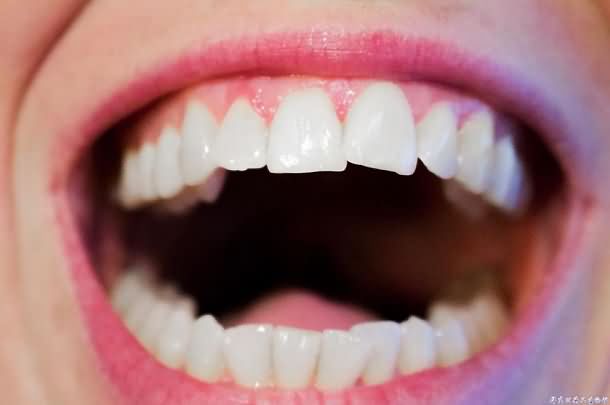
A study found exposure to periodontal bacteria may initiate Alzheimer's disease in humans based upon inflammation and degeneration of brain neurons in mice. Photo by Kjerstin_Michaela/pixabay
一项新的研究表明暴露于牙周细菌可引发人类阿尔茨海默病,其基础是小鼠脑神经元的炎症和退化。UIC牙科学院的牙周病学教授渡边惠子博士在一份新闻稿中说:“这是一个很大的惊喜。”我们没有想到牙周病原体会对大脑产生如此大的影响,这种影响会完全类似于阿尔茨海默病。”渡边指出,其他研究发现牙周炎和认知障碍之间有密切的联系,但这是第一个研究表明暴露于牙周细菌导致老年斑的形成,加速了阿尔茨海默氏症患者的神经病理学的发展“。芝加哥伊利诺伊大学的研究人员研究了牙周病(一种常见但可预防的牙龈感染)对阿尔茨海默病的影响,阿尔茨海默病目前还没有治疗或治愈方法。研究结果发表在星期三的PLoS One上。
Oct. 4 (UPI) -- Exposure to periodontal bacteria may initiate Alzheimer's disease in humans based upon inflammation and degeneration of brain neurons in mice, according to a study.
Researchers at the University of Illinois at Chicago studied the effects of periodontal disease, a common but preventable gum infection, with Alzheimer's, which currently has no treatment or cure. The findings were published Wednesday in PLOS One.
"This was a big surprise," corresponding author Dr. Keiko Watanabe, a professor of periodontics at the UIC College of Dentistry, said in a press release. "We did not expect that the periodontal pathogen would have this much influence on the brain, or that the effects would so thoroughly resemble Alzheimer's disease."
Watanabe noted other studies found a close association between periodontitis and cognitive impairment, "but this is the first study to show that exposure to the periodontal bacteria results in the formation of senile plaques that accelerate the development of neuropathology found in Alzheimer's patients."
RELATED AHA: Healthy teeth can mean a lot more than a pretty smile
In the study, researchers established chronic periodontitis, which is characterized by soft tissue damage and bone loss in the oral cavity, in 10 mice. Another 10 mice served as the control group.
After 22 weeks of repeated oral application of the bacteria, the researchers studied the brain tissue of the mice and compared brain health.
Mice chronically exposed to the bacteria had significantly higher amounts of accumulated amyloid beta as well as more brain inflammation and fewer intact neurons because of degeneration.
RELATED Alzheimer's disease care can cost up to $200k for two years
Amyloid beta protein and RNA analyses also displayed greater expression of genes associated with inflammation and degeneration in the study group. In addition, DNA from the periodontal bacteria was also found in the brain tissue of mice and a bacterial protein was observed inside their neurons in the study group.
"Our data not only demonstrate the movement of bacteria from the mouth to the brain, but also that chronic infection leads to neural effects similar to Alzheimer's," Watanabe said.
She said using the wild-type mice makes a difference compared with transgenic mice, which are genetically altered to more strongly express genes associated with the senile plaque and enable Alzheimer's development.
"Using a wild-type mouse model added strength to our study because these mice were not primed to develop the disease, and use of this model gives additional weight to our findings that periodontal bacteria may kick-start the development of the Alzheimer's," Watanabe said.
The researchers hope these study results can lead to treatments.
In the meantime, better oral hygiene can reduce risk.
"Oral hygiene is an important predictor of disease, including diseases that happen outside the mouth," she said. "People can do so much for their personal health by taking oral health seriously."
Topics Alzheimer's Disease




